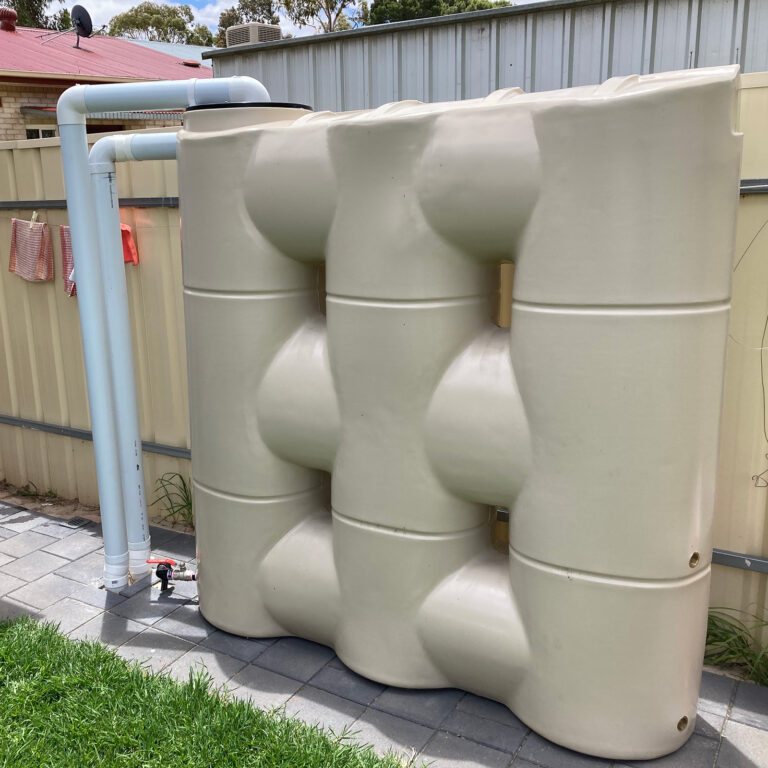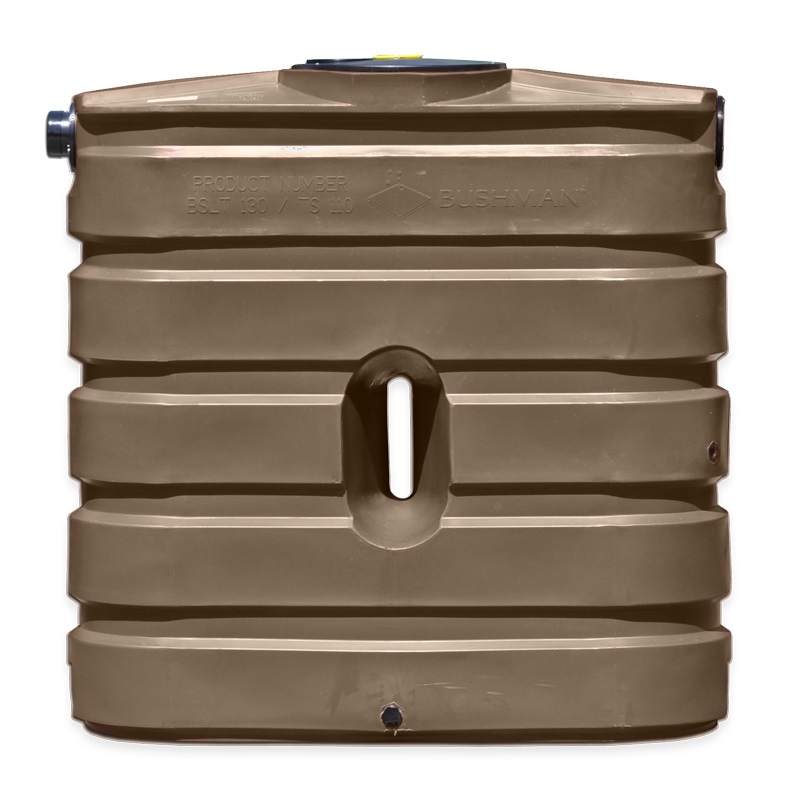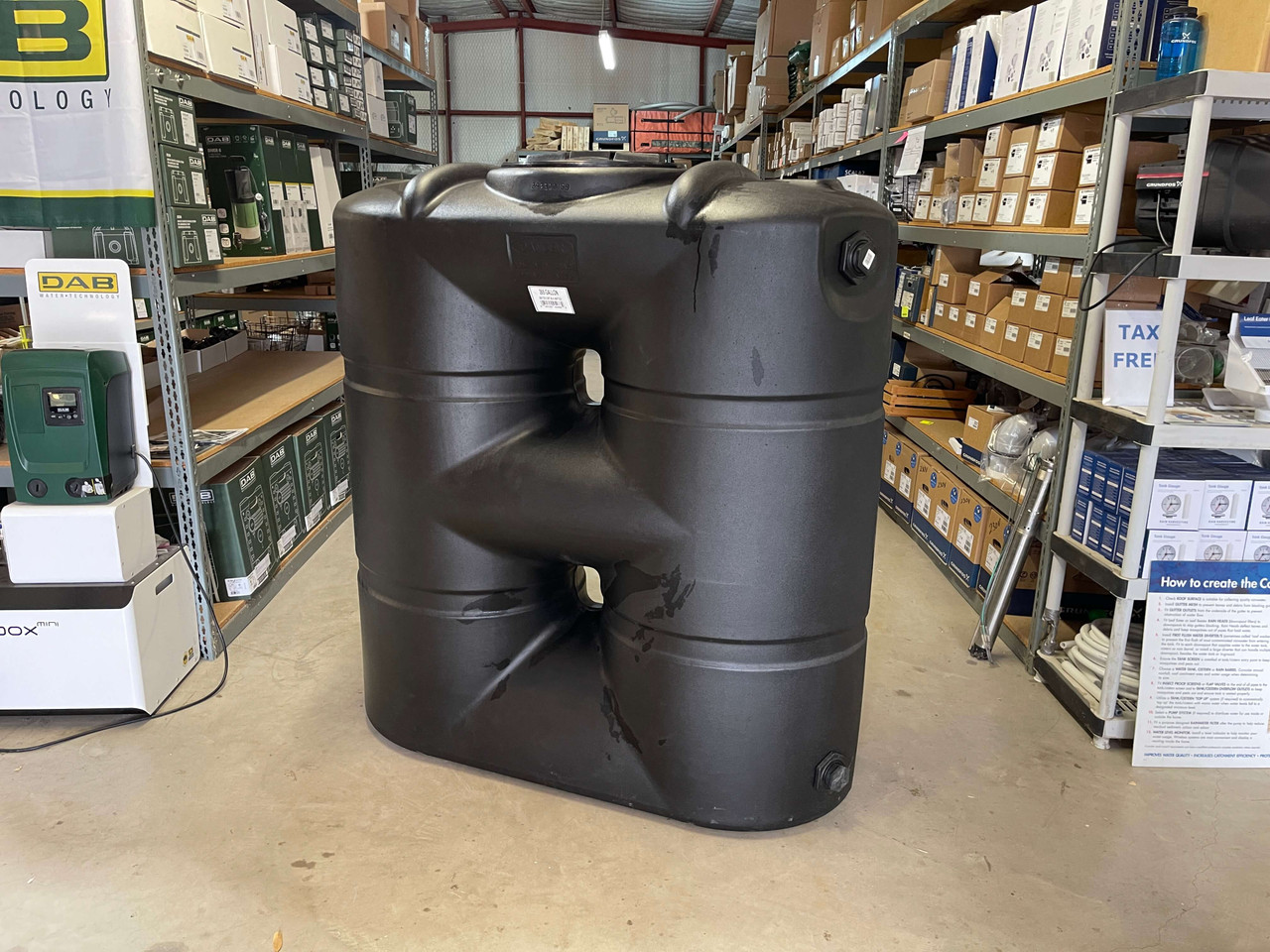Discovering the Different Uses Rainwater Storage Tanks for Residential and Commercial Qualities
As the international concentrate on lasting living techniques remains to escalate, the utilization of rainwater storage tanks in both household and industrial settings has actually become a pertinent option. These storage tanks offer a tank for rain harvesting, offering a myriad of possible applications that expand far past mere storage space. From irrigation to bathroom flushing and landscaping, the flexibility of rainwater tanks is vast. Additionally, their assimilation right into commercial properties opens a realm of opportunities for eco mindful organizations. The complex usages of rainwater tanks present a compelling instance for their adoption, not only as a functional water-saving procedure however additionally as a testament to responsible source monitoring.
Benefits of Making Use Of Rain Storage Tanks
Utilizing rainwater containers offers various benefits for both houses and neighborhoods in regards to water preservation and sustainability. Among the crucial benefits of making use of rainwater tanks is the considerable decrease in reliance on mains water system - Slimline water tanks. By catching and saving rainwater for later usage, individuals and areas can lower their need for treated water, ultimately easing the worry on water therapy centers and reducing power usage connected with water transportation and therapy
Furthermore, rainwater harvesting via tanks offers a reliable alternate water resource throughout times of water limitations or lacks. This stored rain can be made use of for numerous non-potable functions such as irrigation, flushing commodes, and cleaning clothing, lowering the pressure on standard water resources. In addition, using rain storage tanks can lead to set you back savings for both homes and areas by lowering water expenses and reducing the need for pricey framework developments to fulfill growing water needs.
Essentially, the usage of rainwater containers uses a sustainable and environmentally friendly method to water monitoring, benefiting both private customers and the wider community in regards to water conservation, cost-efficiency, and strength.
Rainwater Storage Tank Usage in Watering
Given the advantages of rain tanks in saving water resources and lowering reliance on keys water supply, a significant application exists in utilizing stored rain for watering objectives - Slimline water tanks. Rain gathering systems can successfully collect and keep rainwater, offering a lasting water source for sprinkling yards, lawns, and farming areas. By utilizing rainwater for watering, homeowner can lower their dependence on cured water sources, causing set you back savings and ecological benefits

Among the key benefits of using page rainwater for watering is its purity. Rain is naturally soft and devoid of the chemicals and ingredients often located in mains water, making it optimal for nourishing plants without the danger of harmful effects. Additionally, rain is at ambient temperature level, which can benefit plant development by avoiding temperature shocks that can happen with chilly mains water.
Rain Storage Tanks for Commode Flushing

Implementing rain containers for commode flushing is an economical and eco-friendly practice that can be conveniently integrated into both household and commercial residential or commercial properties. The saved rain can be utilized to flush toilets by linking the tank to the existing pipes system. This simple yet reliable option can substantially decrease water intake in a structure, particularly in locations where water deficiency is a problem.

Integrating Rainwater Tanks in Landscape Design
These containers can catch and store rainwater drainage from roofs, which can after that be utilized for sprinkling gardens, yards, and plants. By making use of rainwater for irrigation functions, home owners can lower their dependence on local water sources, leading to set you back financial savings and preservation of valuable water resources.
Along with supplying a sustainable water source for landscape design requirements, rain storage tanks can also help in taking care of stormwater runoff. By catching rain that would otherwise stream right into storm drains, these tanks can minimize disintegration, decrease flooding dangers, and stop contamination of all-natural water bodies. Incorporating rainwater storage tanks in landscape design can add to the overall visual allure of the residential property, showcasing a commitment to environmental stewardship.
Commercial Applications of Rain Tanks
Making use of rain storage tanks in business settings offers a lasting solution for water monitoring and conservation, benefiting find services and the atmosphere alike. Business applications of rain containers vary and increasingly preferred due to the expense savings and ecological benefits they offer. One vital industrial use is for irrigation objectives, over here where harvested rain can be made use of to water landscape design, gardens, and farming fields bordering commercial homes. This can result in considerable reductions in water bills and dependence on community water resources.
In addition, rainwater gathered in storage tanks can be dealt with and used for non-potable functions within industrial properties, such as flushing bathrooms, cleansing, and cooling down systems. On the whole, the incorporation of rainwater storage tanks in business setups presents a useful and ecologically accountable strategy to water management.
Conclusion
From irrigation to toilet flushing and landscape design, the usage of rainwater storage tanks can assist conserve water sources and minimize water expenses. Overall, the versatility and sustainability of rain storage tanks make them an important investment for any kind of building proprietor looking to enhance water efficiency.